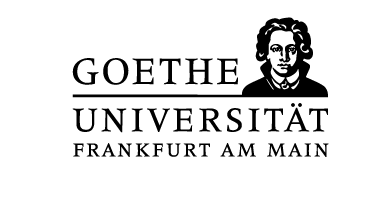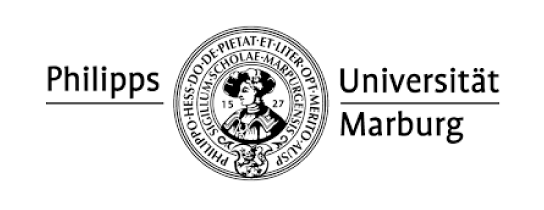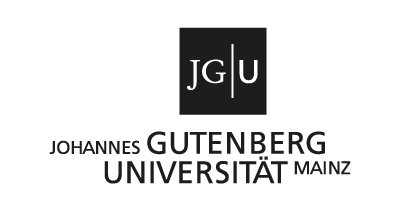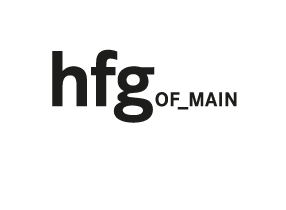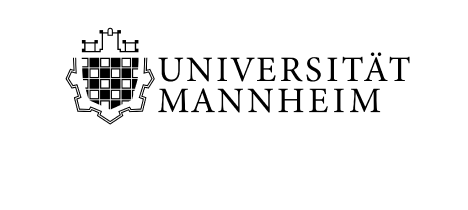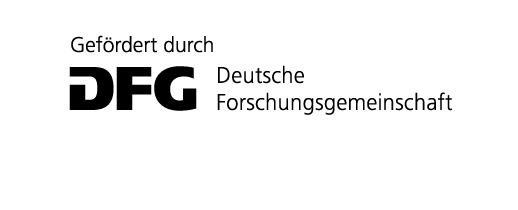Holograms and their Promises – A Pragmatic Approach in the Contexts of Platforms and Popular Culture
Three-dimensional, dazzling and semi-transparent images floating in space: this is how the hologram has inscribed itself in pop culture. As holistic representations that transcend the screen, holograms have always claimed to be new and disruptive. My dissertation posits that when the hologram emerges, it is never trivial. The thesis is concerned with the ubiquity of the idea of the hologram as a forever concept. In particular, it contributes to the question of how the dynamic between the scientific and the illusionary is expressed in compact moving image content. A media-pragmatic approach to platform economies and creator cultures offers a concentrated view of the hologram as an attraction. Using case studies ranging from YouTube tutorials and museum objects to advertising and special effects productions, live concerts and reality TV, the significance of the hologram in the context of current media transformations is examined. As a promising future technology – according to a central thesis of my work – the hologram can never be completely pinned down to a specific use or purpose, but always remains as an imaginary model that can be reused, reformatted and reperformed.
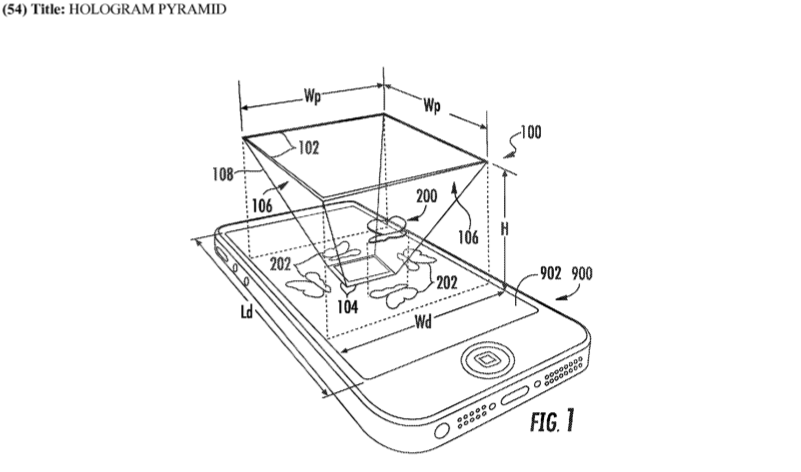
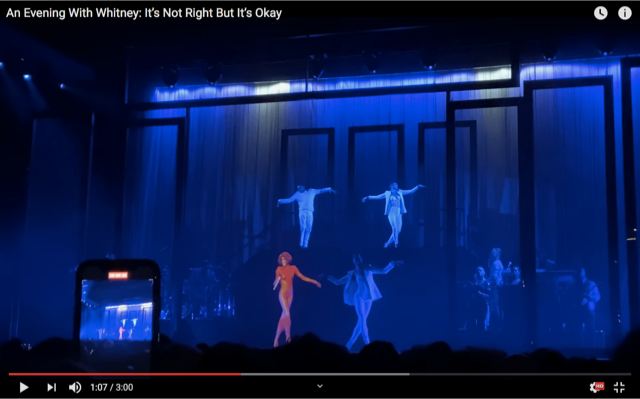
Profile
Clara Podlesnigg was a research fellow and doctoral candidate in the research training group “Configurations of Film” at the Philipps University Marburg from September 2020 to June 2024. She completed her doctorate in May 2024. Since September 2024, she is a postdoctoral researcher connected to the professorship for Digital Film Cultures at Goethe University Frankfurt. She is also section editor for the journal Open Cultural Studies. She studied Theater, Film and Media Studies as well as Scandinavian Studies at the Universities of Vienna and Umeå, and completed the international master’s program Cinema Studies at Stockholm University. She spent one year as a research fellow at the Filmmuseum Düsseldorf, acting as a curator at their archive and cinema, and afterwards worked at the German Film Institute (DFF) and the Hessen Film and Media Academy (hFMA). During the winter term 2022/23 and summer term 2024, she was a lecturer in Film Studies at Johannes Gutenberg-University Mainz.
podlesnigg[at]em.uni-frankfurt.de
